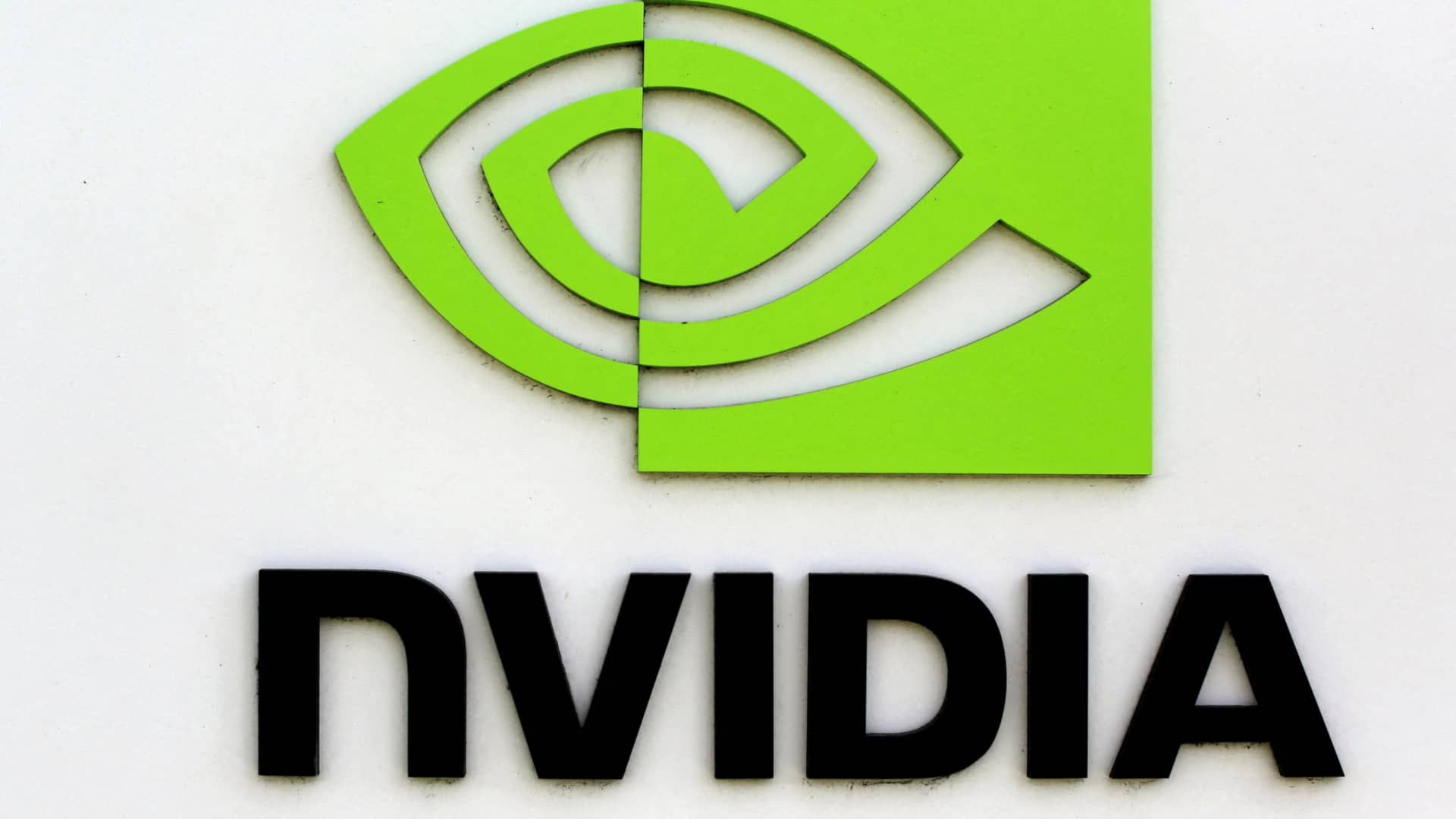The logo of technology company Nvidia is seen at its headquarters in Santa Clara, California, on Feb. 11, 2015.
Robert Galbraith | Reuters
Nvidia is planning to build a $200 million artificial intelligence center in Indonesia in partnership with local telco giant Indosat Ooredoo Hutchison, as the U.S. tech darling continues its push into Southeast Asia.
According to Indonesia’s Communication and Information Technology Minister, Budi Arie Setiadi, the new facility will be based in the city of Surakarta in the Central Java province and will bolster local telecommunications infrastructure, human resources, and digital talent.
Indosat did not respond to a request for comment, while Nvidia declined to comment on the matter.
Last month, Indosat announced that it was ready to integrate Nvidia’s next-generation chip architecture, Blackwell, into its infrastructure, with “the goal of propelling Indonesia into a new era of sovereign AI and technological advancement.”
Indosat Ooredoo Hutchison is Indonesia’s second-largest mobile telco after a 2022 merger between Qatar’s Ooredoo and Hong Kong’s CK Hutchison.
Nvidia’s increased presence in Indonesia represents a broader push into Southeast Asia this year as data demand in the region booms on the back of the growing digital economy.
In January, Singapore telco provider Singtel announced its partnership with Nvidia to deploy artificial intelligence capabilities in its data centers across Southeast Asia.
Singtel said in March that the initiative would provide businesses in the region with access to Nvidia’s cutting-edge AI computing power by this year, without the need for clients to invest in and manage their own expensive data center infrastructure.
Southeast Asia has proved to be a major revenue driver for Nvidia. A U.S. Securities and Exchange Commission filing last year showed that about 15% or $2.7 billion of the company’s revenue for the quarter ended October came from Singapore.
Singapore trailed the U.S., which generated 34.77% of Nvidia revenue, Taiwan with 23.91%, and China and Hong Kong, at 22.24% in sales rankings that quarter.
Revenue from the small nation-state that quarter represented a 404.1% increase from the $562 million recorded in the same period the previous year, outpacing Nvidia’s overall revenue growth and putting it as the company’s fourth largest market.
According to Nvidia’s latest blowout quarterly earnings report, data centers comprised the majority of its revenue, generating $18.40 billion on the back of global AI euphoria.
— CNBC’s Sheila Chiang contributed to the report.
